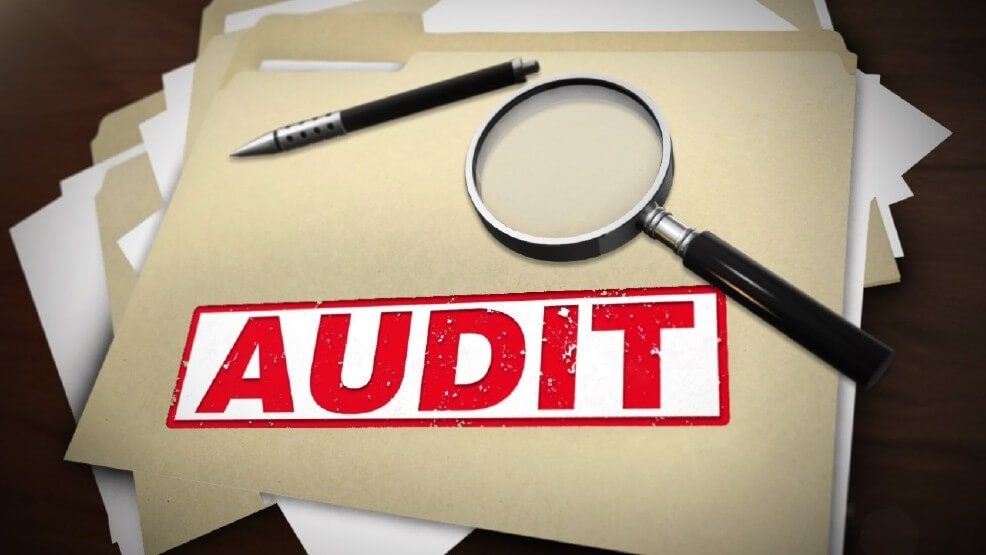Supplier ethical data exchange certification commonly known as Sedex certification has over time become crucial in the GCC region given the increasing focus on CSR and sustainability practices.

GCC is one of the most rapidly developing economic units in the global economy, which pays great attention to manufacturing and export activities. Therefore, companies looking to establish a presence in the GCC need to also meet numerous legal obligations that compel corporate entities show social and environmental responsibility with respect to human and labor rights, as well as ethical business practices.
Sedex certification is an internationally accredited standard that ensures that a business organization is following the right standards in employment of people, environmental conservation, and management of supplies. Consequently, achieving Sedex certification improves a company satisfaction rating, and can also provide the company with a better market position through the promotion of corporate social responsibility.
Also, Sedex certification has become mandatory for a number of large multinational companies that insist on their suppliers to adhere to certain ethical and sustainable standards. This is especially so since many GCC based businesses source their products through international supply chains and hence Sedex certification can enable the business to meet the needs of their clients and offer the products to a wider market.
What is SMETA?
SMETA or Sedex Members Ethical Trade Audit is an international format of the audit designed to measure ethical performance. As for PESTEL analysis, SMETA aims to assess social compliance along the supply chain so that the labour rights, protection, and the environment can be kept to the highest standards.
The SMETA audits are especially important because the GCC is one of the regions that focus on the principle of ethical trade and corporate social responsibility. Companies that are doing business in the UAE, KSA, and other GCC countries should find a lot of value in SMETA as a means of guaranteeing their activities meet international ethical benchmarks.
Benefits of SMETA Audits
- Comprehensive Ethical Audit: SMETA focuses on various subjects such as labor, health, safety, environment and business ethics. Indeed, this format might be considered one of the most extensive existing products with ethical audit criteria.
- Global Recognition: several companies and organizations that undertake manufacturing activities now understand it globally. This enables it deliver-standardized method of auditing that has been embraced across many stakeholders.
- Efficient Supply Chain Management: The use of SMETA audit is that many customers can use one audit by sharing the results of the check thus eliminating the problem of repeated checks and making the supply chain more transparent.
The growing importance of CSR and sustainability practices, the GCC's strict regulations, and the demand from multinational corporations are driving the increased importance of Sedex certification in the GCC.
The first process in conducting the SMETA audit is that the concern has to sign up for the Sedex platform. Registration involves the company filling in a checklist, which includes questions concerning the company’s labour standards, health and safety, and its environmental effects.
On-Site Audit
SMETA on site audit follows the self-assessment conducted by an accredited SMETA auditor. This includes physical examination of the facilities of the company, checking through the documents of the business, and discussing with employees of the company.
The audit focuses on four key areas:
- Labor Standards: Ensuring compliance with labor laws and ethical employment practices.
- Health and Safety: Evaluating workplace safety measures and practices.
- Environmental Management: Assessing the company’s impact on the environment.
- Business Ethics: Ensuring that ethical business practices are in place.
Reporting and Corrective Actions
When audits are done, the information is fed to the Sedex platform where some identified customers and stakeholders can view the information. If there are non-compliance issues that will be highlighted, the company will be required to follow a Corrective Action Plan (CAP) on the same.
Why Sedex and SMETA Are Crucial for Businesses in the GCC
At the corporate level, organizations operating in the GCC region are receiving pressure from the local authorities as well as their counterpar Beneficially, Sedex certification and SMETA audit show companies in the UAE, KSA, and other Gulf Cooperation Council countries as ethical trade and social responsibility. It also fosters good relationship with partners across the world hence improves reputation of the organizations.
How Qdot Can Assist with Sedex and SMETA Audits
At Qdot, we specialize in helping businesses navigate the complexities of Sedex and SMETA audits. Our team of experts provides end-to-end support, from initial registration on the Sedex platform to the completion of the SMETA audit. We understand the unique challenges faced by businesses in the GCC region and offer tailored solutions to ensure successful audit outcomes.
FAQ's
The cost of a SMETA audit varies depending on the size and complexity of the company. Contact us at Qdot for a detailed quote.
The duration of a SMETA audit depends on the scope of the audit and the size of the company. Typically, it can take anywhere from one to several days.
While SMETA itself does not issue certifications, it provides a comprehensive audit report that can be shared with stakeholders to demonstrate compliance with ethical standards.
Yes, Qdot offers a wide range of audit services, including ISO certifications, HACCP, and GMP audits, in addition to SMETA.
Sedex and SMETA audits are essential tools for businesses in the GCC region to ensure compliance with global ethical standards. By collaborating with Qdot, you can confidently navigate the audit process and enhance your company’s reputation for social responsibility.
For more information on how Qdot can assist with your Sedex and SMETA audits, visit our website or contact us directly.
